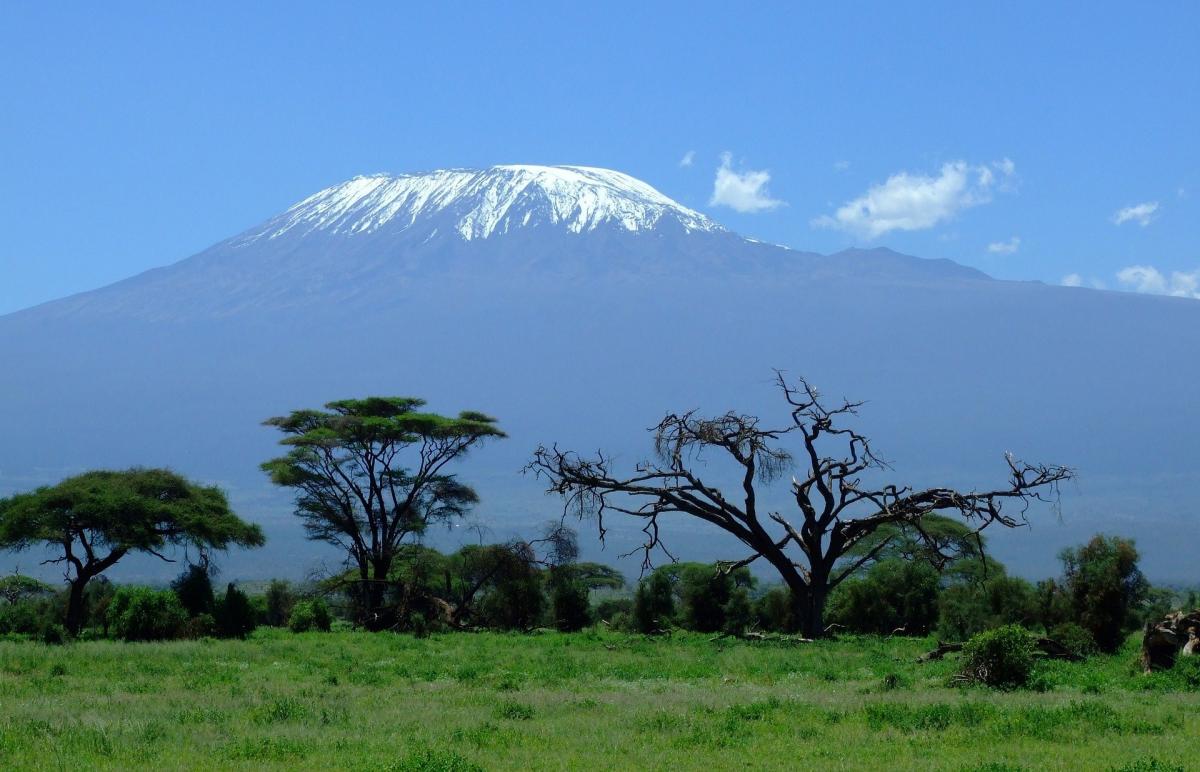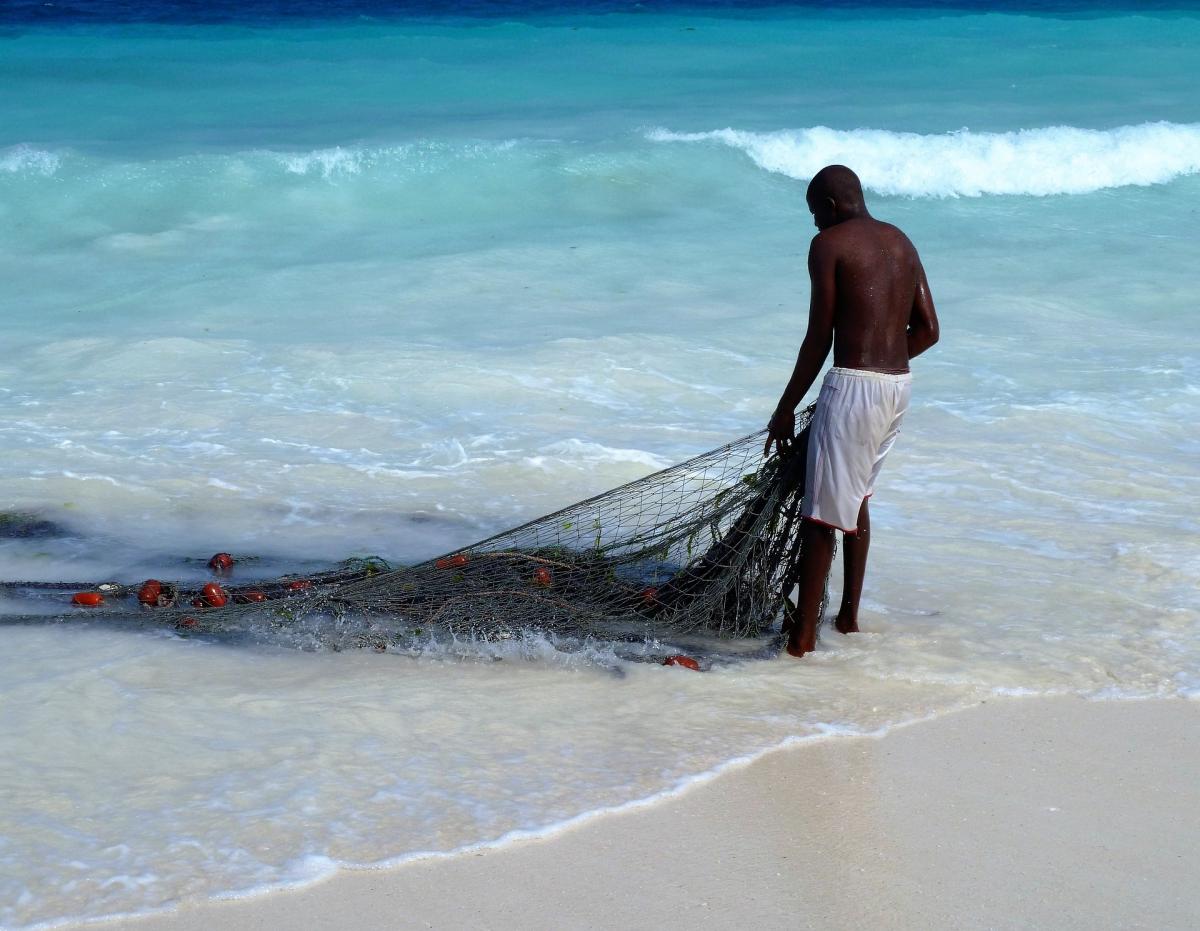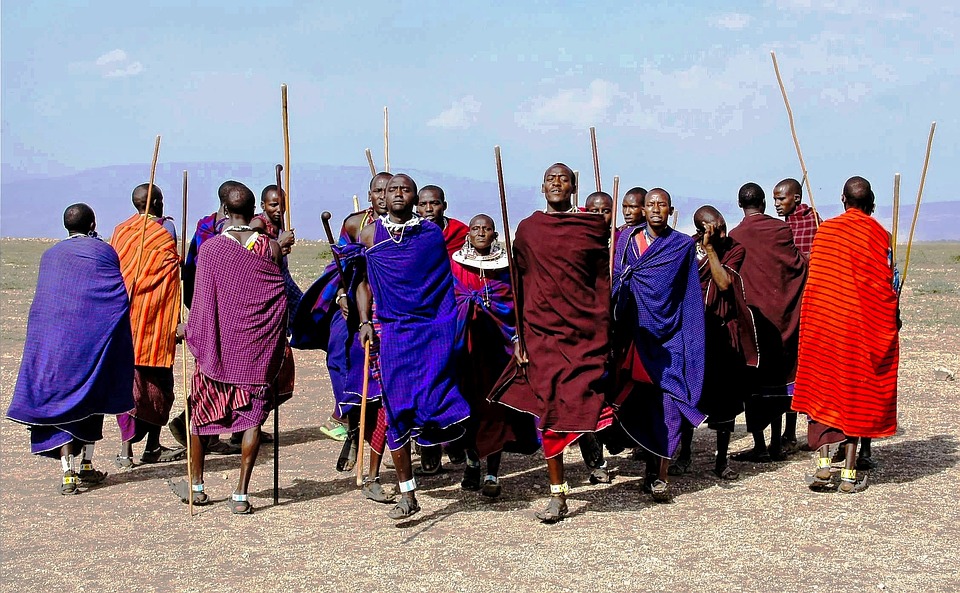The best months for climbing Mount Kilimanjaro are August to October and January to March.
 Tanzania boasts over 1 000 bird species, with Lake Manyara alone being home to more than 400. It is a year round birding destination, but at the height of the northern winter, some 160 species of migrating birds make their way south. Botanically, Tanzania is a treasure-trove, with habitats ranging from Afro-Alpine to semi-desert.
Tanzania boasts over 1 000 bird species, with Lake Manyara alone being home to more than 400. It is a year round birding destination, but at the height of the northern winter, some 160 species of migrating birds make their way south. Botanically, Tanzania is a treasure-trove, with habitats ranging from Afro-Alpine to semi-desert.
The months immediately after the two rainy seasons provide the best floral displays.
Tanzania offers excellent game viewing throughout the year as not all animals migrate and are year-round residents.
Climate
- SUMMER: December – March
- WINTER: March – May
Language
The official language is Swahili (Kiswahili), which is generally spoken, and various local languages abound. Kiswahili is the language the primary schools teach in. English is the second official language and the country's commercial language as well as the main teaching language for all the scientific subjects in secondary schools and higher education institutions. Arabic is widely spoken in the coastal areas, particularly in Zanzibar.
schools teach in. English is the second official language and the country's commercial language as well as the main teaching language for all the scientific subjects in secondary schools and higher education institutions. Arabic is widely spoken in the coastal areas, particularly in Zanzibar.
Useful KiSwahili greetings
- Greeting (to locals): habari gani
- Greeting (to foreigner): jambo, shikamuu
- Thank you (correct reply to greeting): marahaba
- Thank you: asante
- Goodbye / We'll see you: kwaheri / tutaonana
- You are welcome, come in: karibu
Generally, casual comfortable clothing is suitable throughout the year.
The most practical items to pack are:
- Khaki, brown, white and beige colours
- Light cotton tops and cotton trousers/shorts in summer
- Long sleeved blouses/shirts for game drives, they will protect you from the sun and from mosquitoes
- Safari trousers for evenings and cooler days
- Fleece or sweater and a warm jacket for game drives (and at Ngorongoro Crater)
- Swimwear is a must for the beach and at Kleins and Grumeti which have a pool
- A hat, sunglasses and sunscreen
- Comfortable walking shoes
- For climbing Mount Kilimanjaro and Meru, thermal underwear, light layers, sweater, warm jacket, good socks and sturdy boots

When visiting Zanzibar, it is important for women to dress modestly out of respect for Muslim cultural beliefs, men should not wear shorts on the main island and women should wear dresses that cover their shoulders and knees. This does not apply on Mnemba Island.



